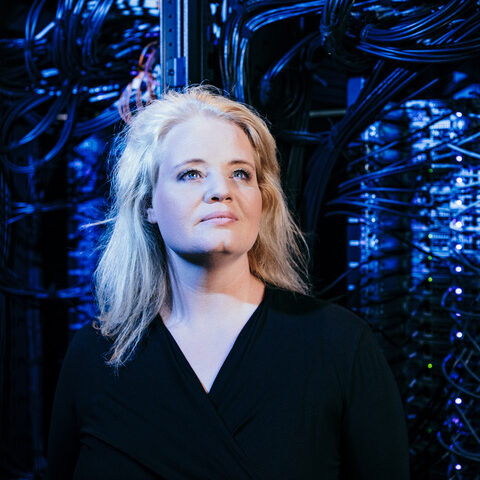Keynote Speakers 2024
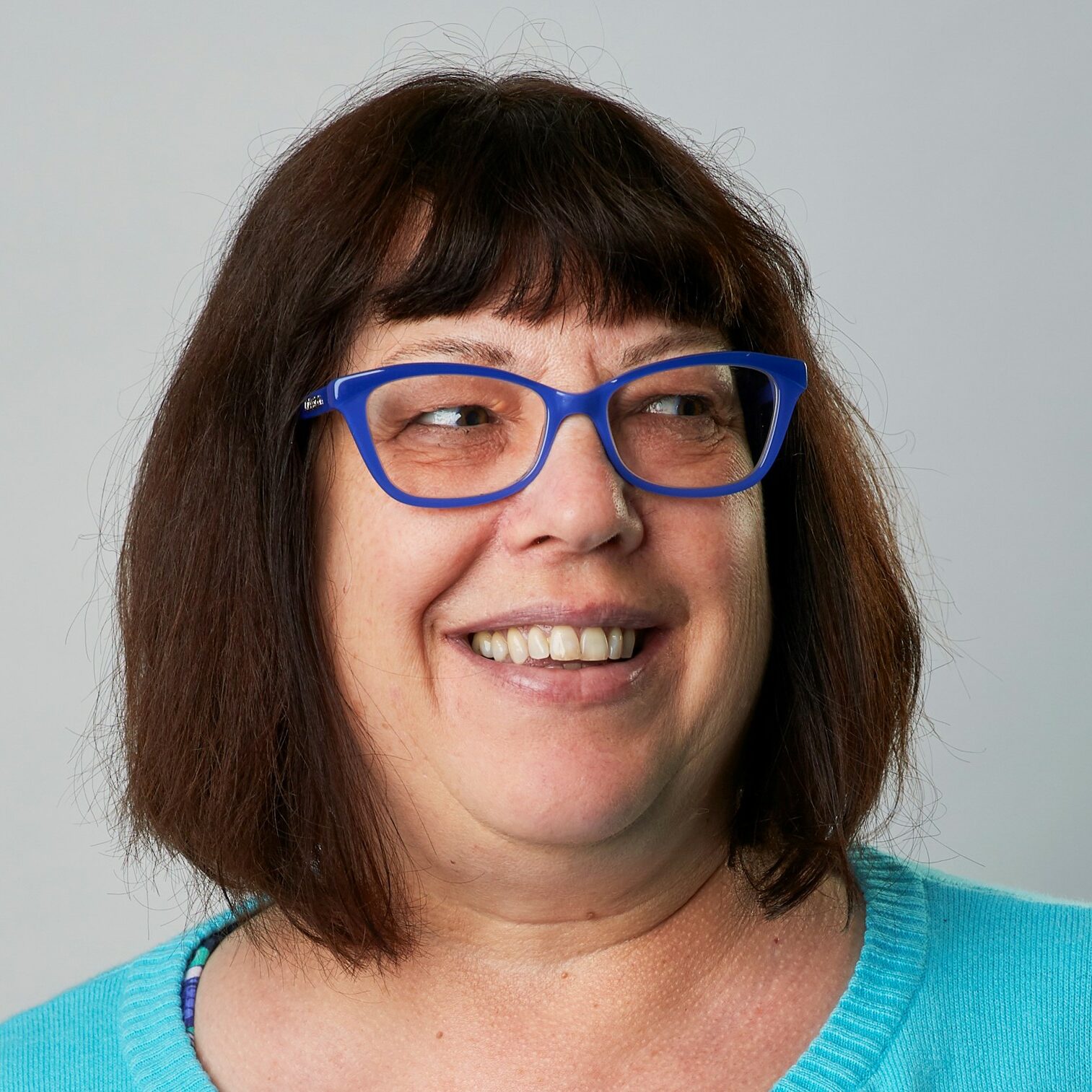
Sue Attewell
Sue Attewell co-leads Artificial Intelligence activity at Jisc, where she is actively involved in driving the advancement of AI capabilities within our member institutions. Our centre plays a critical role in this regard by providing thought leadership and practical advice, guidance and training and piloting AI products. Sue leads on our student and staff research and has a thorough understanding of their concerns and issues relating to generative AI.
To the keynote with Sue Atwell
Jens Brandenburg
Jens Brandenburg has been Parliamentary State Secretary to the Federal Minister of Education and Research since December 2021. Brandenburg has been a member of the German Bundestag from the Rhine-Neckar constituency since 2017. In the 19th legislative period, he was the spokesperson for studies, vocational training and lifelong learning as well as the spokesperson for LGBTI issues for the Free Democrats parliamentary group. He was also the spokesperson for his parliamentary group on the Committee on Education, Research and Technology Assessment and on the Study Commission on Vocational Education and Training in the Digital World of Work.
To the keynote by Jens Brandenburg
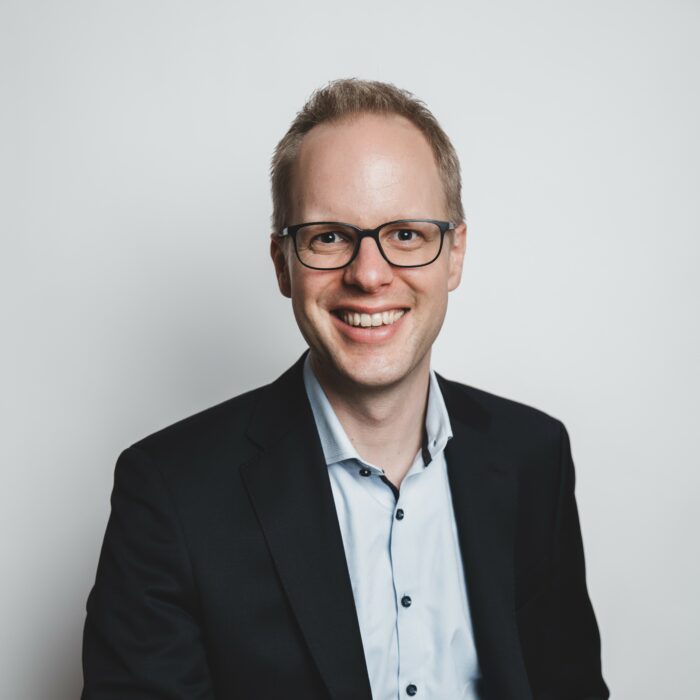
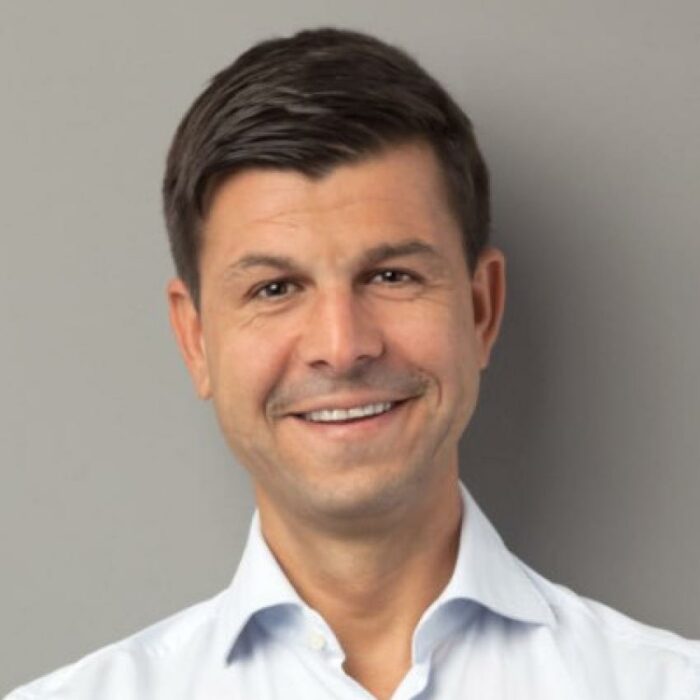
Georgi Dimitrov
Georgi Dimitrov is responsible for the newly created unit Digital Education in the European Commission, Directorate General for Education and Culture. He led the development of the first Digital Education Action Plan adopted in January 2018 and also of the new Digital Education Action Plan 2021-2027 that was adopted in September 2020. Before joining the Commission, Georgi worked for a leading multinational telecommunication company and in a software start-up in Germany. Georgi studied at the University of Bonn (M.A.), the University of Erlangen-Nürnberg (PhD) and the Open University UK (MBA in Technology Management).
To the keynote by Georgi Dimitrov
Andrea Frank
Andrea Frank has been Deputy Secretary General and a member of the Executive Board of the Stifterverband since 2022. Here she is responsible for the programmatic orientation of the Stifterverband in the fields of education, science and innovation. She is also a member of the University Councils of the Johannes Gutenberg-Universität Mainz and of the Ostwestfalen-Lippe University of Applied Sciences. She has worked for the Stifterverband since 2006.
To the keynote by Andrea Frank
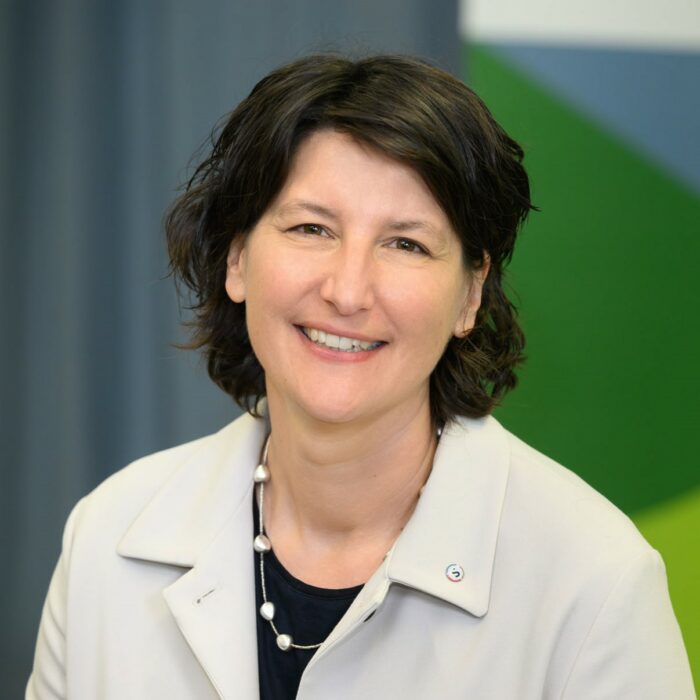
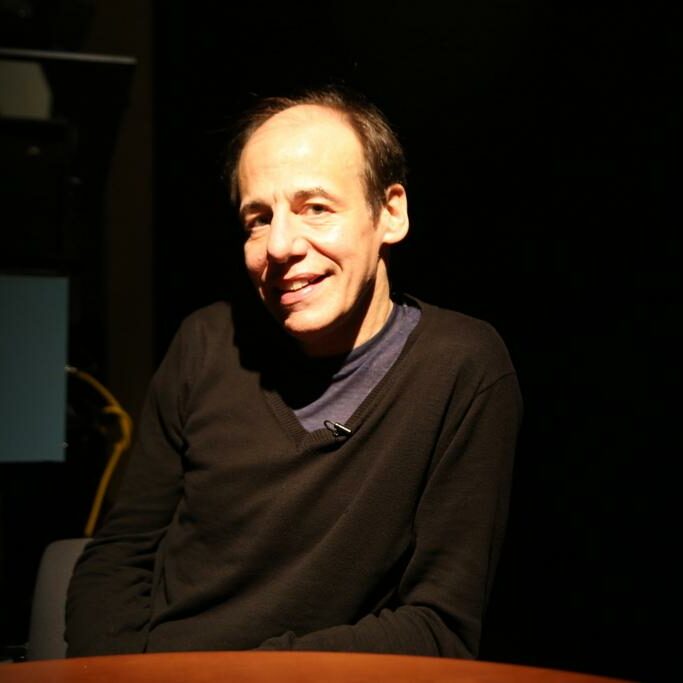
Steve Fuller
Steve Fuller is Auguste Comte Professor of Social Epistemology at the University of Warwick, UK. Fuller is best known for his foundational work in the field of “social epistemology”, which is the name of a quarterly journal he founded in 1987 as well as the first of his twenty-six books. His most recent research has focused on the future sustainability of “humanity” as a concept in light of “post-” and “trans-” human challenges, as well as the future of the university as a mainstay of society’s intellectual life.
To the keynote by Steve Fuller
Heike Ekea Gleibs
Heike Ekea Gleibs is a cultural scientist and systemic coach. She has worked in the non-profit sector for many years and is committed to social participation and equal opportunities. She has worked on campaigns for Amnesty International and set up and managed a scholarship programme for student teachers at the Stiftung der Deutschen Wirtschaft. At Wikimedia Deutschland, her focus is on education and culture. She works to ensure that open education and open culture become an integral part of a post-digital society
To the keynote with Heike Ekea Gleibs
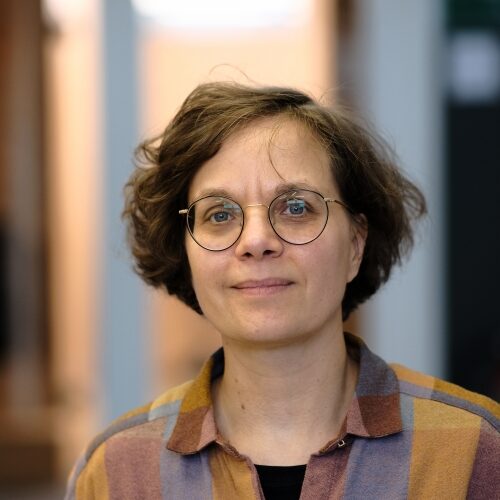
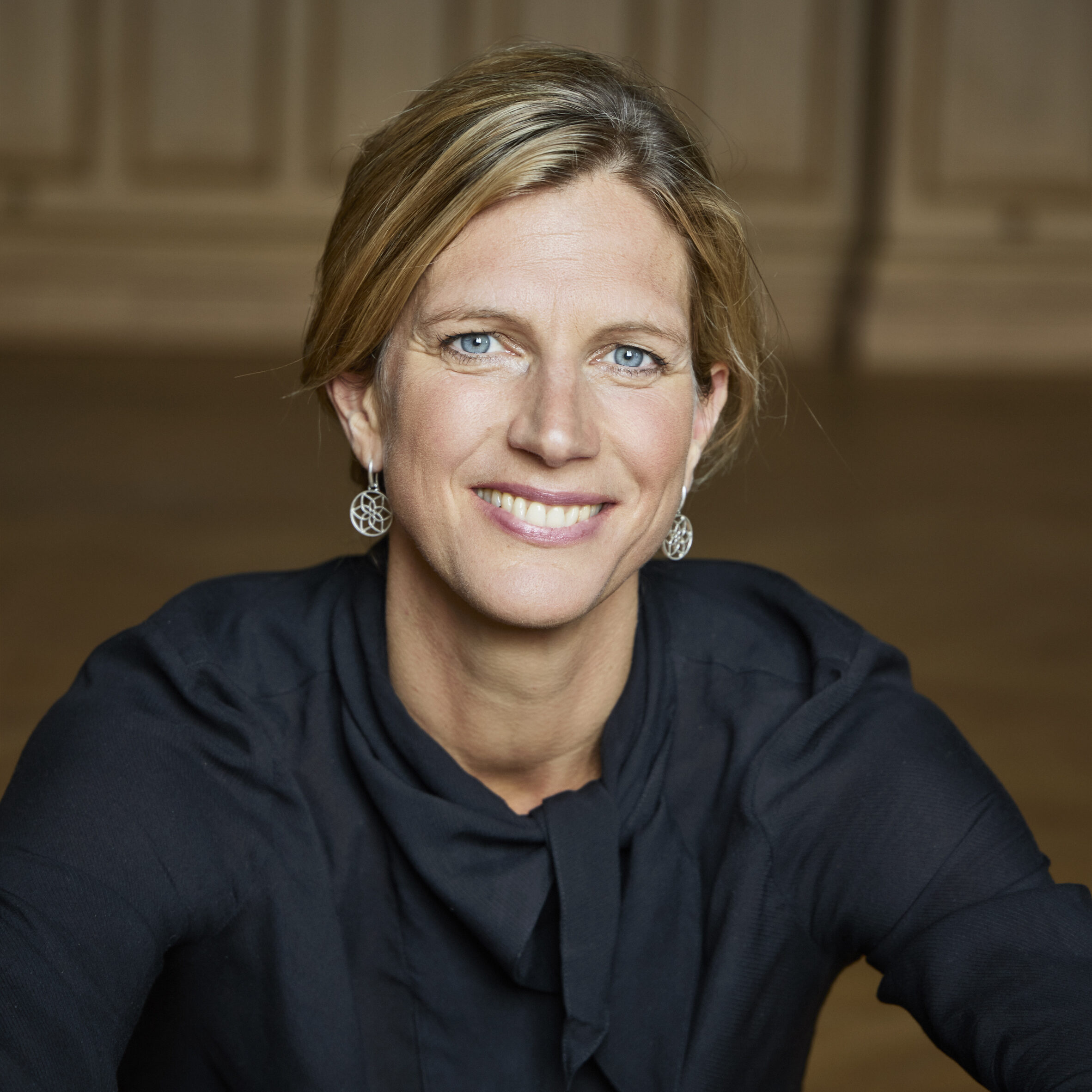
Maja Göpel
Maja Göpel is a political economist, transformation researcher and consultant and an expert in sustainability. Her research interests include sustainable social development and transformation, systemic innovation processes, future skills and anticipation. As a highly regarded speaker and author, she provides inspiration at the intersection of science, politics and society.
To the keynote by Maja Göpel
Silja Graupe
Silja Graupe is founder and president of the University for the Design of Society in Koblenz and professor of economics and philosophy. She is committed to re-founding universities in the 21st century in order to empower people to sustainably shape the world in uncertain and challenging times.
To the keynote by Silja Graupe
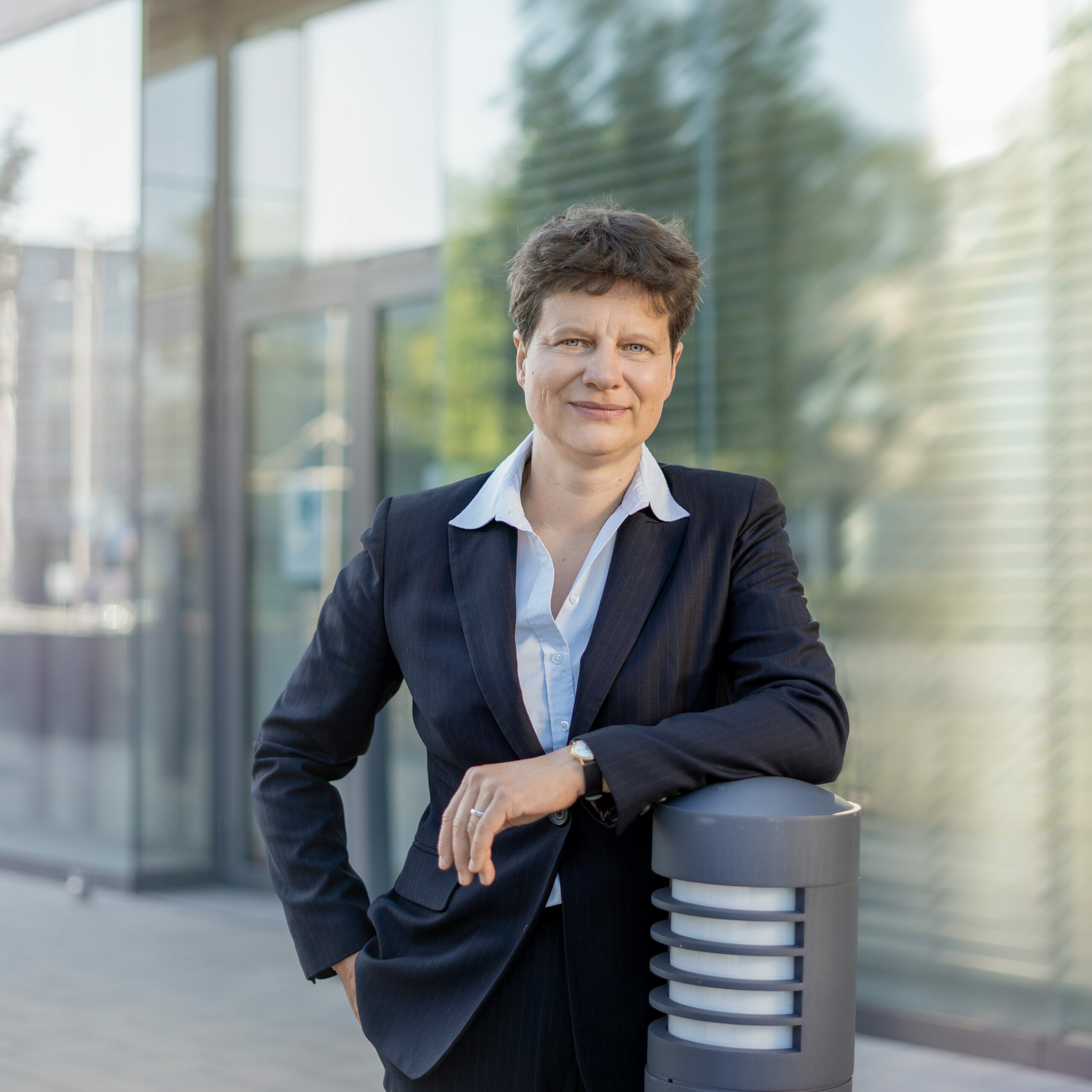
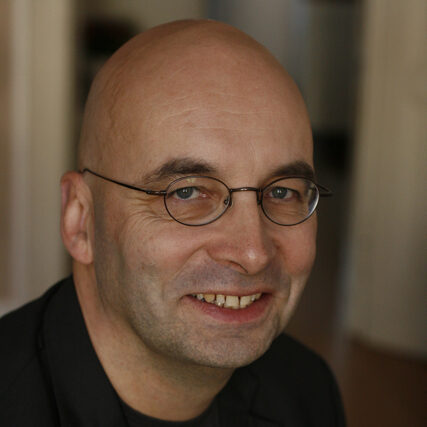
Armin Himmelrath
Armin Himmelrath is an education and science journalist, moderator and author. He has worked for WDR, Deutschlandfunk, Süddeutsche Zeitung and Spiegel Online, among others. Since 2018, he has been an editor at Spiegel, where he is primarily responsible for school and university topics. Since 1994, he has worked as a tutor and lecturer for journalistic practice and freelance journalism for various educational institutions.
To the keynote by Armin Himmelrath
Nele Hirsch
Nele Hirsch is an educator at the eBildungslabor, which she founded. She supports and advises schools, universities, adult education institutions and civil society organizations in shaping quality education in an increasingly digital society. Her focus lies on innovative learning formats, collaborative and creative learning methods, open educational resources (OER) and education for sustainable development (ESD).
To the keynote by Nele Hirsch
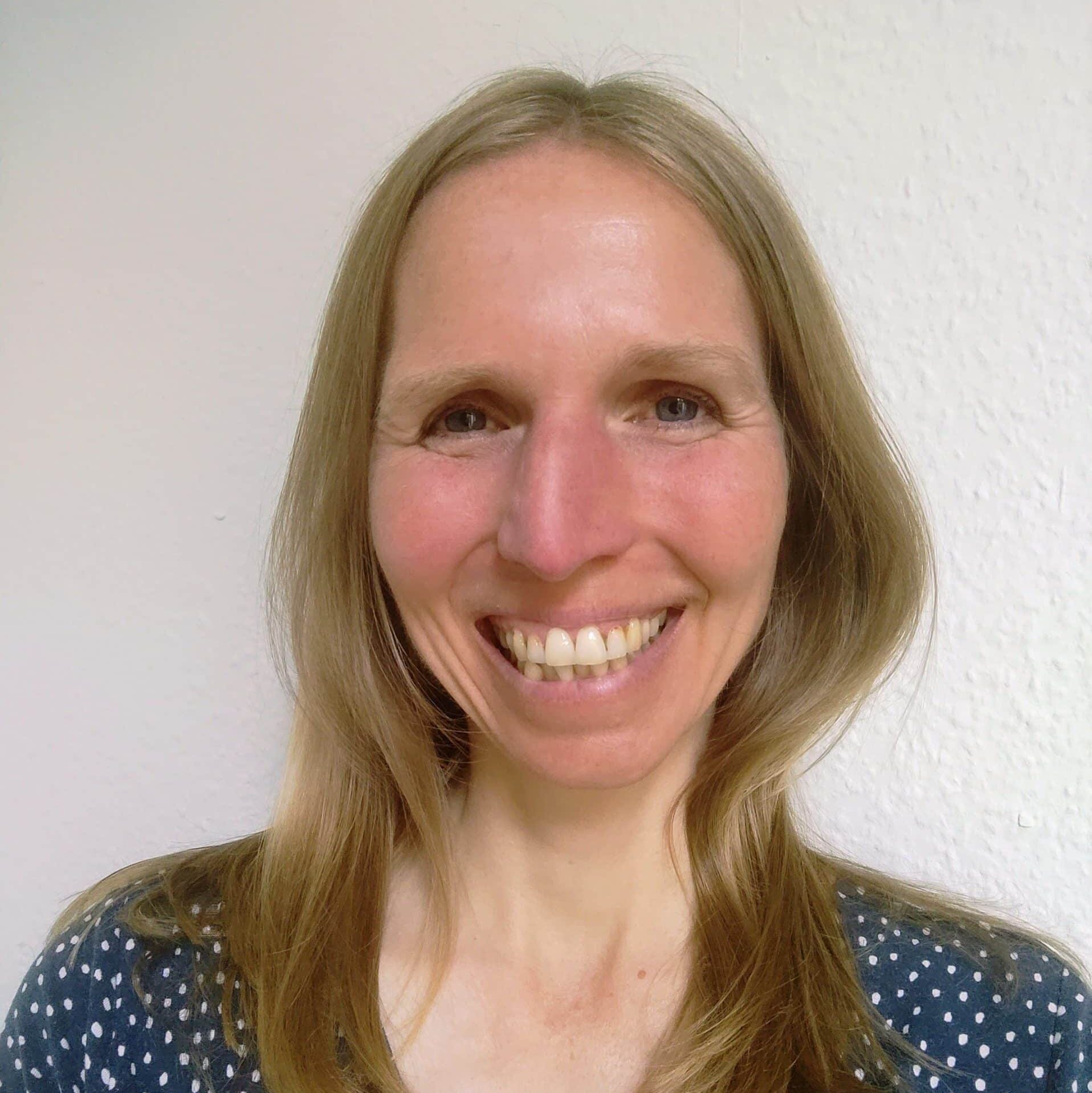
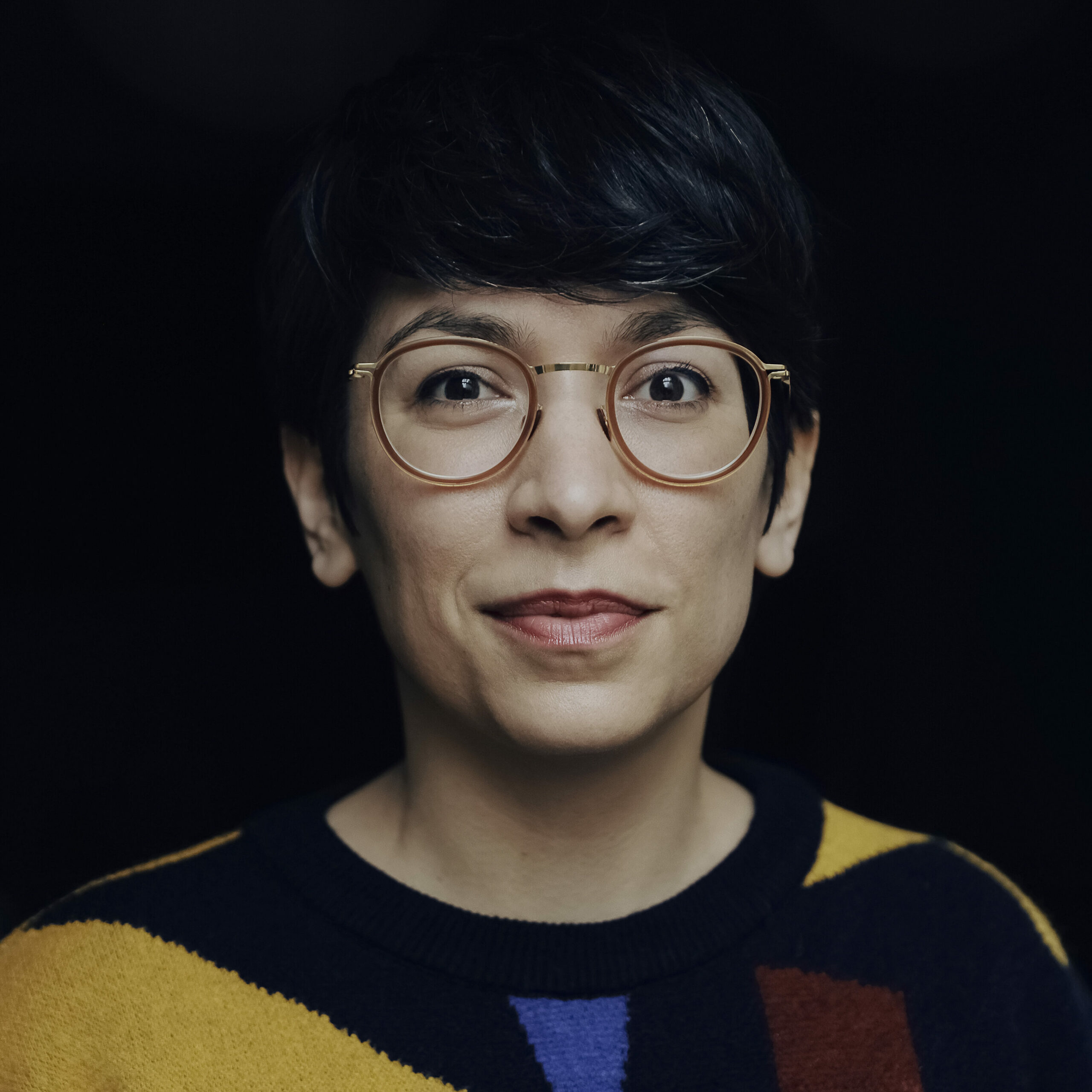
Julia Kloiber
Julia Kloiber is co-founder of the non-profit organization Superrr Lab. She has launched a number of initiatives and organizations that explore how technology can be used for the benefit of society. Among the start-ups are the Prototype Fund, a public fund for public interest tech and the Code for Germany network. Her current work focuses on future narratives for equitable digitalization.
To the keynote by Julia Kloiber
Jonna Korhonen
Jonna works as a director for higher education policy at the Ministry of Education and Culture. Higher education has always been part of her career path since her first internship over 20 years ago while perspectives, employers and even the countries of residence have changed. First steps in her career Jonna took working with the internationalization of higher education, after which she worked for several years in Brussels for EUA, European University Association. Before joining the Ministry in 2018, she worked with the digitalisation and ICT development of education sector at the CSC – IT Center for Science.
To the keynote with Jonna Korhonen
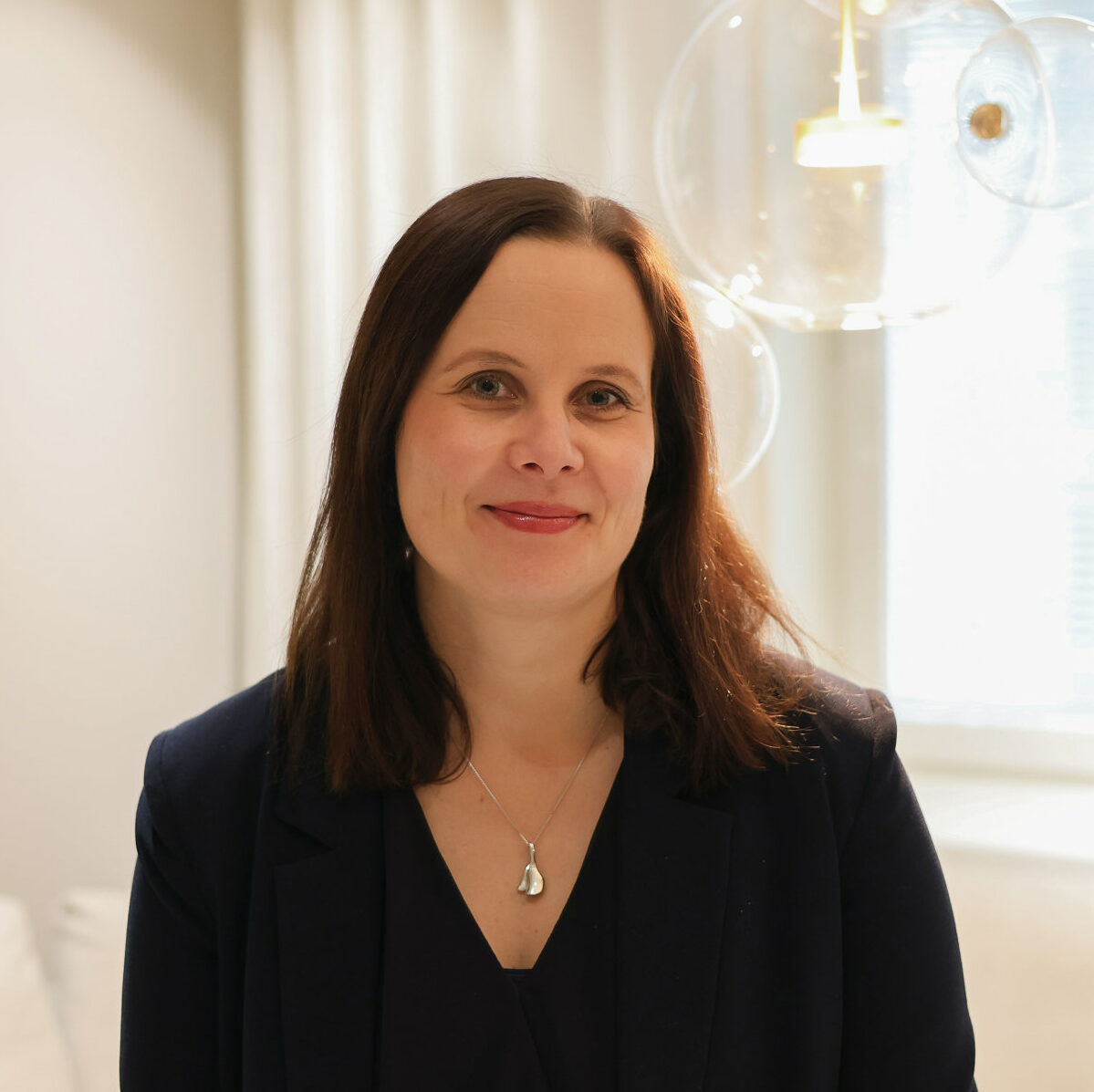
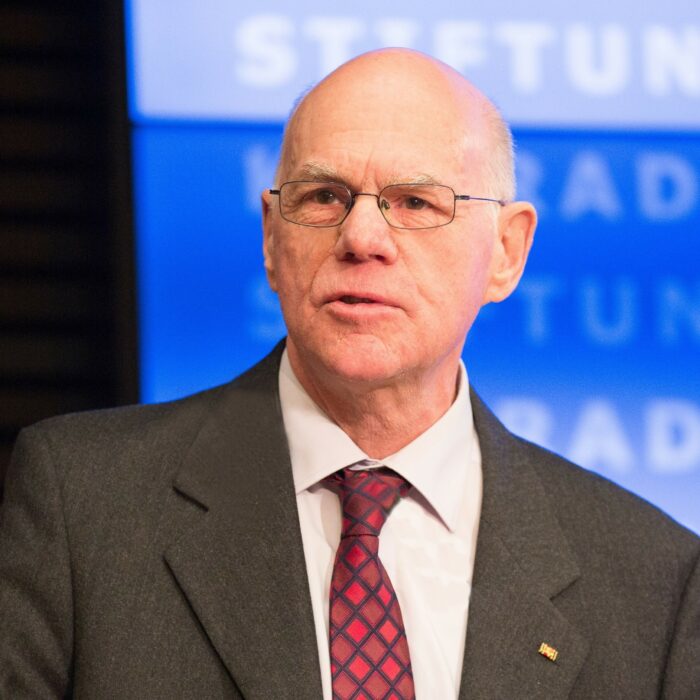
Norbert Lammert
Born on 16 November 1948 in Bochum; Catholic; married, four children. Member of the Bundestag from 1980 to 2017; Parliamentary State Secretary to the Federal Minister of Education and Science from 1989 to 1994, to the Federal Minister of Economics from 1994 to 1997 and to the Federal Minister of Transport from 1997 to 1998; Federal Government Coordinator for Aerospace from 1995 to 1998; Chairman of the CDU regional group for North Rhine-Westphalia from 1996 to 2006; Vice-President of the German Bundestag from 2002 to 2005 and President from 2005 to 2017.
To the keynote by Norbert Lammert
Derk Loorbach
Derk Loorbach is director of DRIFT and Professor of Socio-economic Transitions at the Faculty of Social Science, both at Erasmus University Rotterdam. Derk is one of the founders of the transition management approach as new form of governance for sustainable development. He has over one hundred publications in this area and has been involved as an action researcher in numerous transition processes with government, business, civil society and science. He is a frequently invited keynote speaker in and outside Europe. In his spare time, you can find Derk on bass, on Twitter, or spending time with his family.
To the keynote by Derk Loorbach
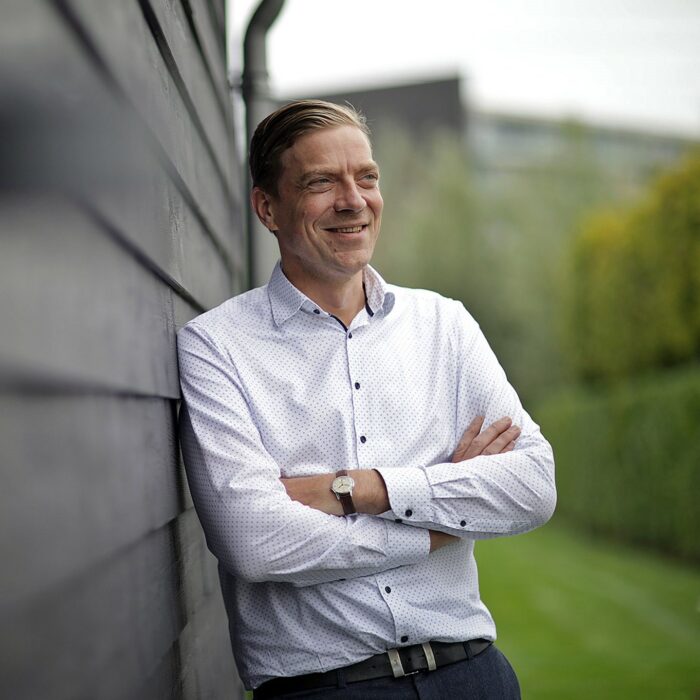
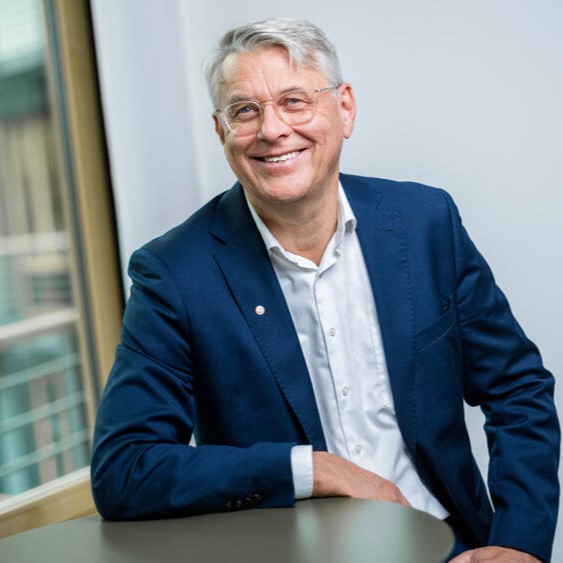
Volker Meyer-Guckel
Volker Meyer-Guckel studied English, chemistry and philosophy in Kiel, Belfast and New York and received his doctorate in 1992. He joined the Stifterverband in 1999 and held various positions there: Deputy Secretary General and member of the management of the Stifterverband, as division manager, member of the management of SV gemeinnützige Gesellschaft für Wissenschaftsstatistik mbH and head of the Deutscher Zukunftspreis office. Since January 1, 2022, he has been Secretary General and Chairman of the Executive Board of the Stifterverband.
To the keynote by Volker Meyer-Guckel
Ulrich Müller
Ulrich Müller is a member of the Executive Board and Head of Political Analysis at the Gütersloh-based Center for Higher Education Development (CHE). He advises university management, science ministries and parliaments throughout Germany. He is convinced that, in the face of serious upheavals and dwindling certainties, universities must clarify anew what their own individual collective identity is and which current challenges (such as climate change, shortage of skilled workers, crisis of democracy) they can contribute answers and solutions to.
To the keynote by Ulrich Müller
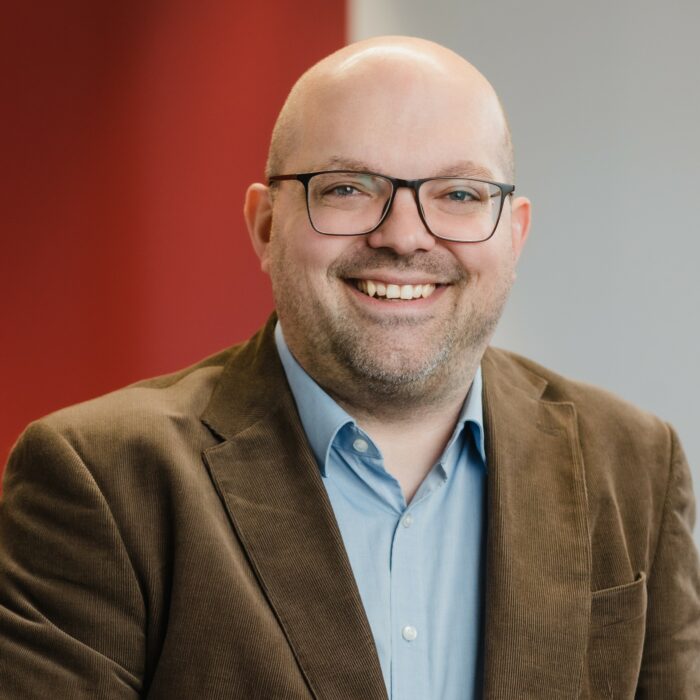
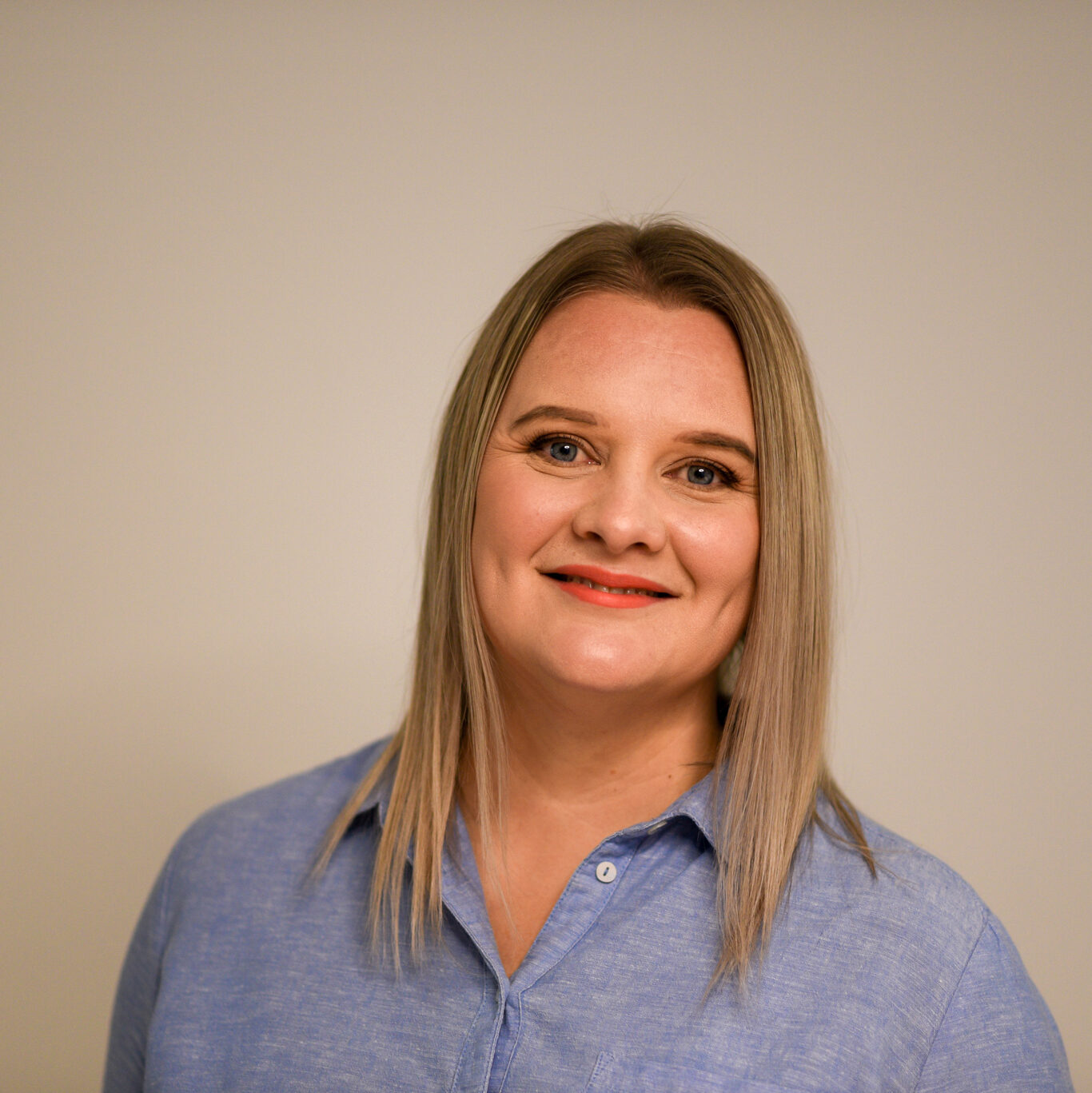
Hanna Nordlund
Hanna Nordlund works as a Programme Director of Digivisio 2030. She has 10+ years of experience in leading digitalization programmes in education and also in healthcare and social services sectors. She has also led the development of national digital services in both sectors. Hanna Nordlund has experience from portfolio and project management and managing organizational change projects as well and managing process development projects in both private and public sector companies. She has worked as a researcher focusing on leadership and innovation management.
To the keynote with Hanna Nordlund
Rikke Toft Nørgård
Rikke Toft Nørgård is Professor of Educational Design and Technology at the Danish School of Education at Aarhus University, where she is also a member of the committee for the Centre for Higher Education Futures (CHEF). In addition to her work at the university, she is editor-in-chief of “The Danish Journal of Higher Education” (DUT). She is also a board member of the Association for Philosophy and Theory of Higher Education (PaTHES) and the Danish Network for Educational Development in Higher Education (DUN).
To the keynote by Rikke Toft Nørgård

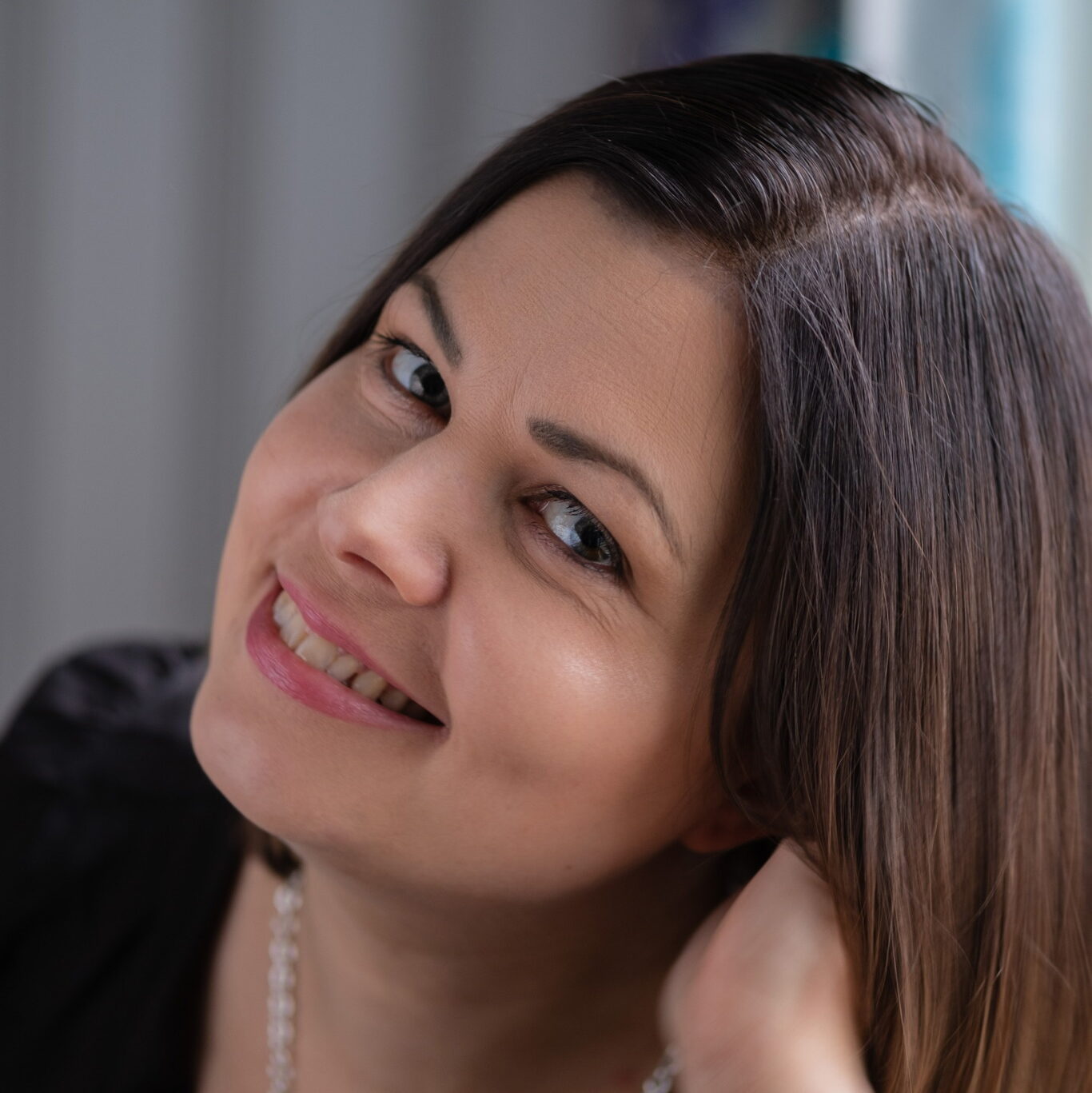
Hanni-Mari Puuska
Hanna-Mari Puuska works as a Director at CSC – IT Center for Science, Finland. Her unit develops and operates digital services for Finnish research and education. Puuska has a PhD in scientometrics. Her special interests are science and higher education policy, information management, AI and analytics.
To the keynote with Hanna-Mari Puuska
Walter Rosenthal
Walter Rosenthal studied medicine and pharmacology and has worked in science management for several years. He regularly comments on higher education policy issues and the German science system. He was President of Friedrich Schiller University Jena from 2014 to 2023. In 2023, he was elected President of the German Rectors’ Conference, for which he had previously served as Vice President for Research, Academic Career Paths and Transfer for two years.
To the keynote by Walter Rosenthal
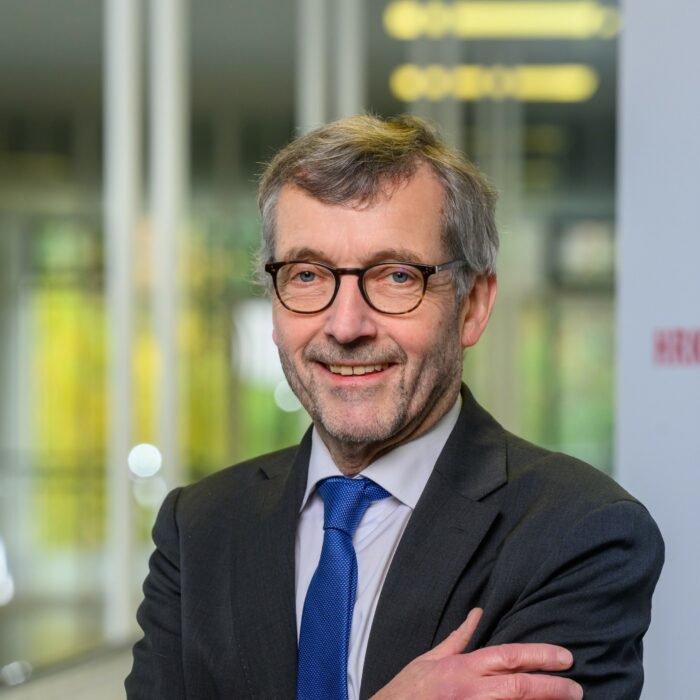
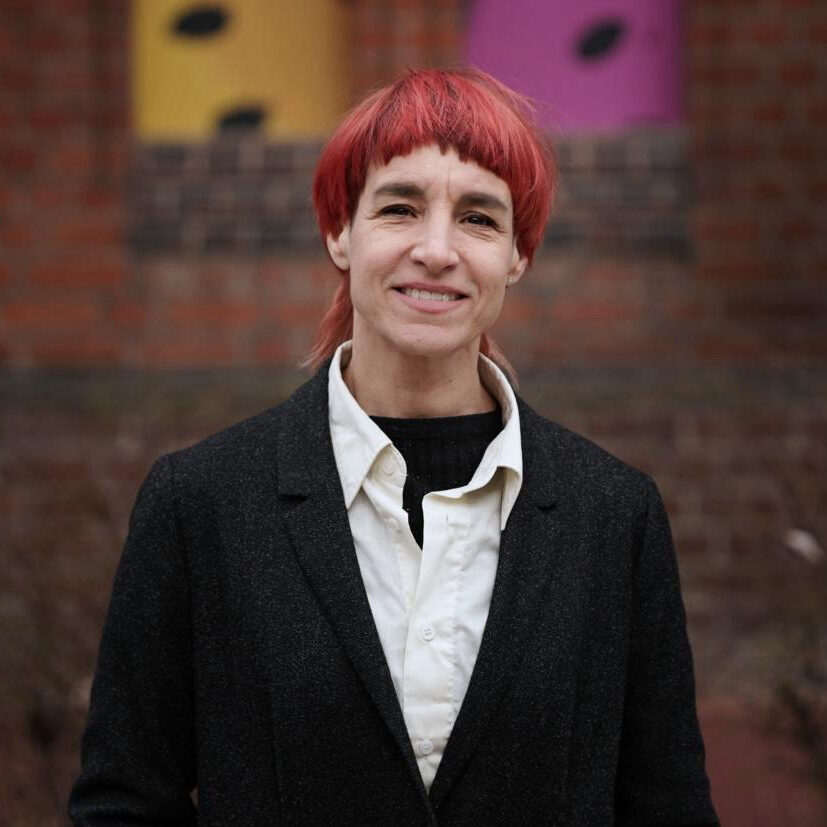
Julia Schneider
Julia Schneider aka Doc J Snyder is a Berlin-based comic essayist, PhD economist and former consultant in the field of AI. Her “handgeschneiderte“ Comic Essays bridge the gap between intellect and intuition and aim to be profound ‒ but hopefully not didactic. They have been read, bought, quoted, shared, by a wide and passionate audience, exhibited many times in museums and at conferences, and reviewed in the media, both nationally and internationally. Her work reflects on complex topics at the intersection of technology, art, economics, and social change, such as Artificial Intelligence, Blockchains, Money. Equal access to opportunities is important to her. That is why most of her work is under an open license.
To the keynote with Julia Schneider
Philipp Schmidt
Philipp Schmidt is VP of technology innovation at Axim Collaborative, a non-profit organization founded by MIT and Harvard to make learning more accessible, more effective, and more meaningful. Before joining Axim, Philipp was director of digital learning/research scientist at the MIT Media Lab and advisor for digital credentials. Philipp serves on the boards of College Unbound, a college designed from the ground up to serve adult students and Peer 2 Peer University (P2PU), a non-profit that connects online learning and public libraries, and was a founding board member of the OpenCourseWare Consortium.
To the keynote with Philipp Schmidt
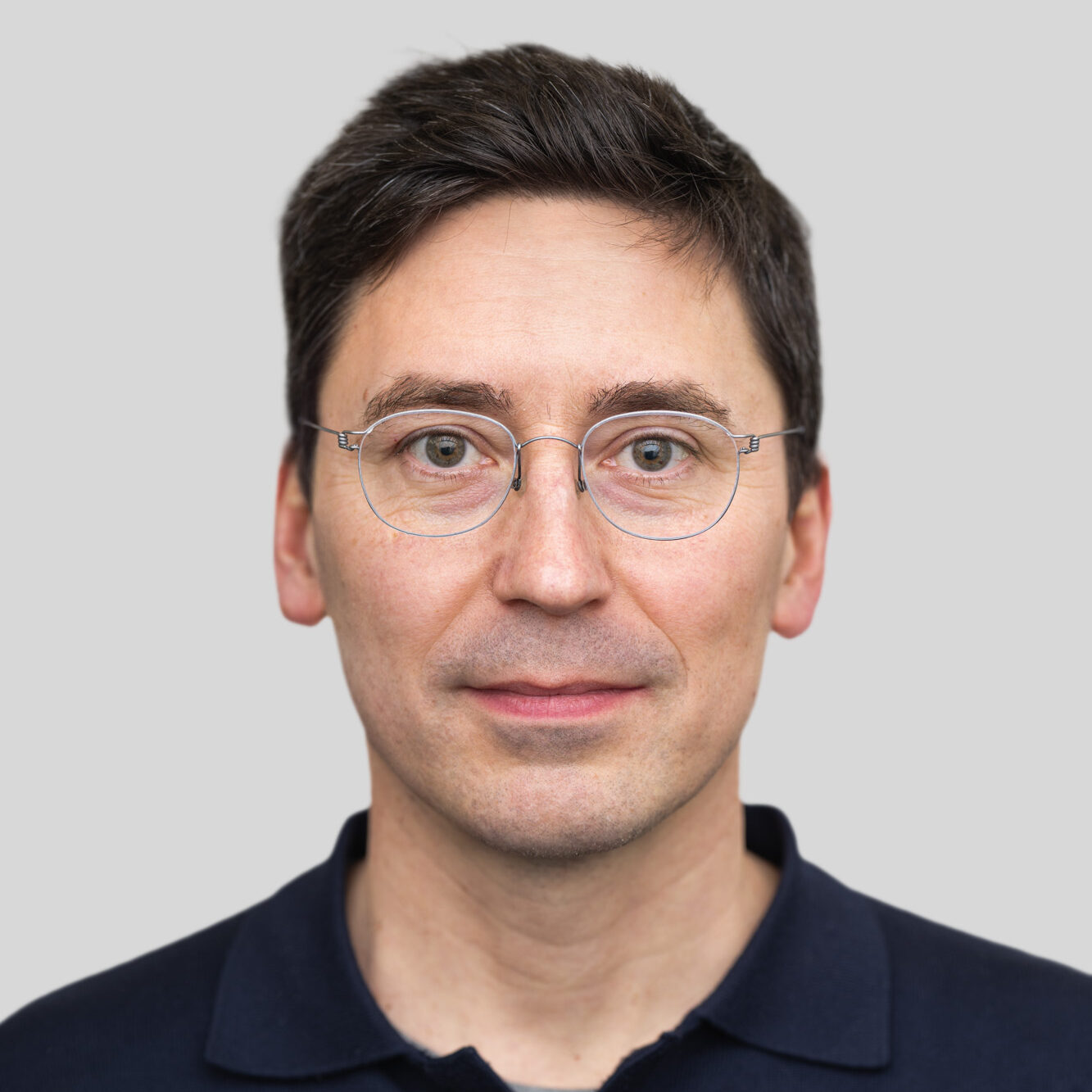
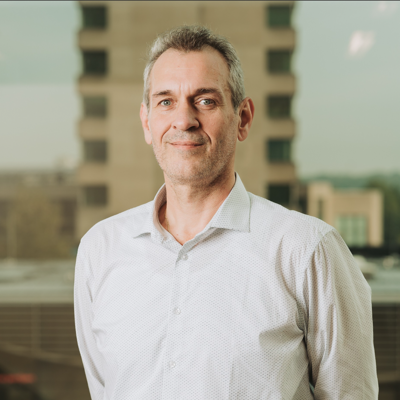
Bas Smit
Bas Smit is a strategic advisor for digitalisation in education at the Chief Information Office of Erasmus University Rotterdam and project leader for generative AI at Npuls, a Dutch programme to support the education sector with a focus on innovation. He previously worked at the University of Amsterdam.
To the keynote with Bas Smit
Christian Swertz
Christian Swertz has been Professor of Media Education at the Institute of Education at the University of Vienna since 2004. He is also head of Viennese media education in the Department of Education, Biography and Media at the Institute of Educational Science. He teaches, researches and publishes on the use of digital media in various social settings and follows this critically.
To the keynote by Christian Swertz
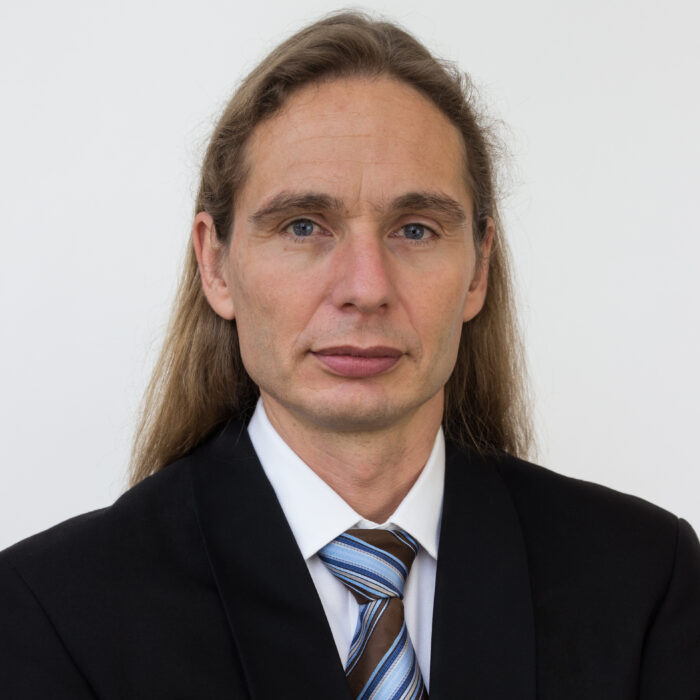
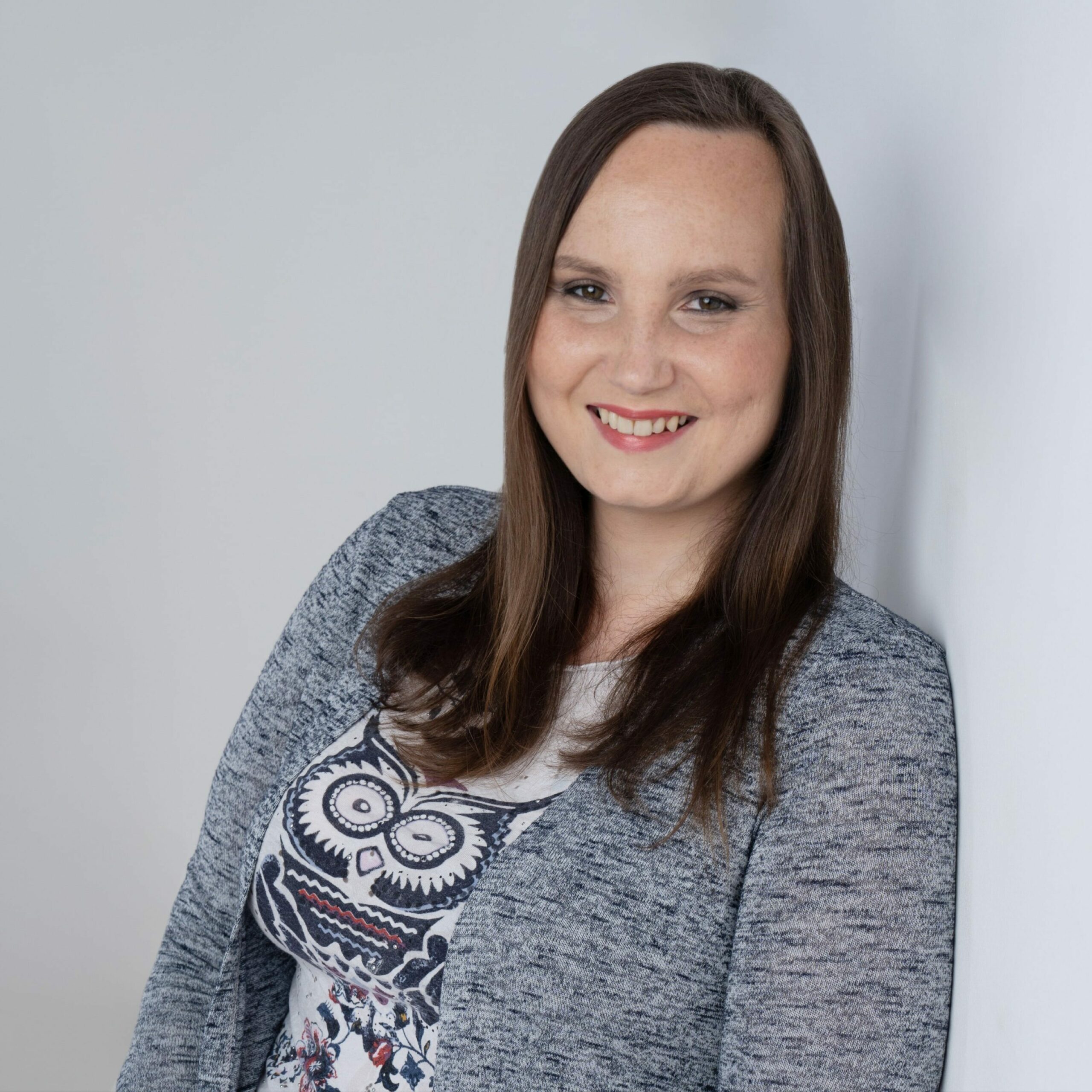
Nell Watson
Eleanor “Nell” Watson, a pioneering ethics and machine intelligence researcher, has been a driving force behind some of the most crucial AI ethics standardization and certification initiatives from organizations such as the Institute of Electrical and Electronics Engineers (IEEE).
To the keynote by Nell Watson
Katharina Zweig
Katharina Zweig is Professor of Computer Science at RPTU in Kaiserslautern, where she heads the Algorithm Accountability Lab. She researches the question of when computer results are trustworthy. Zweig is also an award-winning science communicator and a two-time bestselling author with her books “Ein Algorithmus hat kein Taktgefühl“ and “Die KI war’s“ (Heyne Verlag Munich). She advises ministries, political parties, works councils and companies on the subject of trustworthy AI systems.
To the keynote by Katharina Zweig
